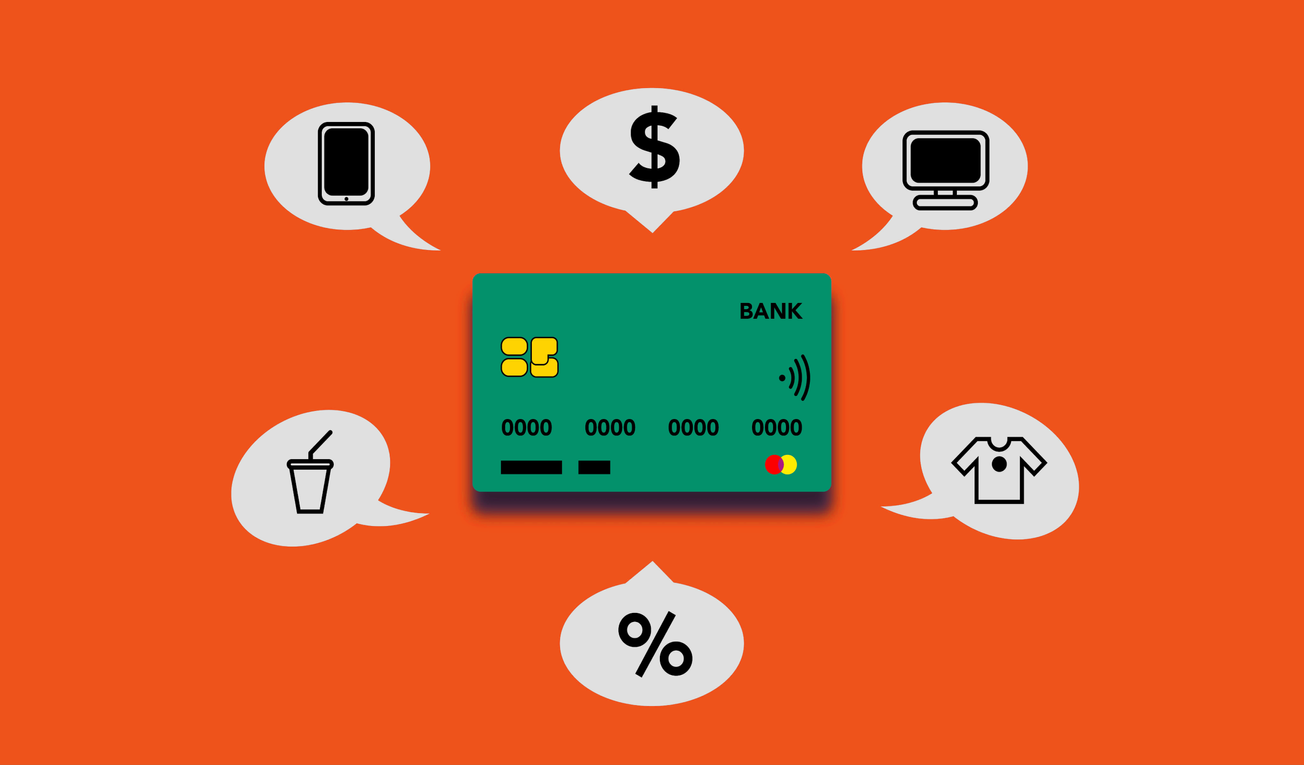Latin America has become a hub for innovation and entrepreneurship, with numerous startups emerging and disrupting different industries. These startups have received significant investments, propelling them to become some of the most valuable companies in the region.
According to a report by Distrito, a platform that tracks the startup ecosystem in Latin America, Nubank, a Brazilian digital bank, is currently the most valuable startup in the region with a valuation of $30 billion. This is followed by PagSeguro, a Brazilian payment processing company, and Kavak, a Mexican online car marketplace, with valuations of $8.2 billion and $8.7 billion, respectively.
These startups have not only attracted attention from investors but have also gained popularity among consumers due to their innovative products and services. From fintech to e-commerce, these companies have disrupted traditional industries and have become key players in the region's economy. In this article, we will take a closer look at some of the most valuable startups in Latin America and explore what sets them apart from their competitors.
Top 5 Most Valuable Latin American Startups
Nubank
Nubank is a Brazilian digital bank that offers credit cards and banking services through a mobile app. According to Distrito's list, Nubank is the most valuable startup in Latin America with a valuation of $30 billion. Founded in 2013, the company has raised over $1.2 billion in funding, making it one of the most well-funded startups in the region. Nubank is known for its customer-centric approach and has gained a loyal following among Brazilians who are dissatisfied with traditional banks.
PagSeguro
PagSeguro is a Brazilian payment processing company that offers digital and mobile payments, as well as point-of-sale hardware and software. According to Distrito's list, the company has a valuation of $8.2 billion, making it the second most valuable startup in Latin America. PagSeguro went public in 2018 and has since seen its stock price rise significantly. The company has over 5 million active merchants and processes billions of dollars in transactions each year.
Kavak
Kavak is a Mexican online marketplace for buying and selling used cars. The company offers a seamless buying experience, including financing, warranty, and delivery. Kavak has a valuation of $8.7 billion, according to Distrito's list, making it the third most valuable startup in Latin America. Founded in 2016, the company has raised over $1.5 billion in funding and has expanded rapidly throughout Mexico and into other Latin American countries.
Rappi
Rappi is a Colombian on-demand delivery startup that offers a range of services, including food delivery, grocery delivery, and pharmacy delivery. According to Distrito's list, Rappi has a valuation of $5.2 billion, making it the fourth most valuable startup in Latin America. Founded in 2015, the company has raised over $2 billion in funding and has expanded into several Latin American countries, as well as Spain and Portugal.
QuintoAndar
QuintoAndar is a Brazilian real estate startup that offers a digital platform for renting apartments. The platform streamlines the rental process for both tenants and landlords, offering features such as online payments and virtual tours. QuintoAndar has a valuation of $5.1 billion, according to Distrito's list, making it the fifth most valuable startup in Latin America. Founded in 2013, the company has raised over $1.6 billion in funding and has expanded into several Brazilian cities.
Factors Contributing to the Success of Latin American Startups
Growing Venture Capital Investments
One of the primary factors contributing to the success of Latin American startups is the growing availability of venture capital investments. According to Crunchbase, Latin America was the fastest-growing region in the world for venture funding in 2021. In the first two weeks of the year, Latin American startups pulled in over $450 million in funding. This trend has continued, with investors pouring billions of dollars into the region's startups.
The increased availability of venture capital has given Latin American startups the resources they need to grow and expand their businesses. It has also helped to attract top talent to the region, as entrepreneurs and investors alike see the potential for high returns on their investments.
Access to Skilled Talent
Another factor contributing to the success of Latin American startups is the region's access to skilled talent. According to NBC News, Latin America's universities train around 40,000 software developers each year. While this number falls short of the estimated 100,000 developers needed by the region's fast-growing tech sector, it still represents a significant pool of talent.
In addition to the region's universities, Latin American startups also have access to a growing number of coding bootcamps and other training programs. These programs are helping to bridge the skills gap and provide startups with the talent they need to succeed.
Solving Real-World Problems
Finally, Latin American startups are succeeding because they are focused on solving real-world problems. As Forbes notes, the region has countless problems that need to be solved, from poverty and inequality to healthcare and education. Startups that are able to address these challenges are well-positioned for success.
Many Latin American startups are also leveraging technology to solve these problems in innovative ways. For example, startups like Rappi and iFood are using mobile apps to revolutionize food delivery in the region, while Nubank is using digital banking to bring financial services to underserved populations.
Challenges Faced by Latin American Startups
Limited Access to Funding
One of the biggest challenges faced by Latin American startups is limited access to funding. According to Statista, funding for startups in Latin America and the Caribbean was only $4.6 billion in 2020, compared to $143.3 billion in North America. This makes it difficult for startups to scale and grow their businesses.
Furthermore, many investors are hesitant to invest in Latin American startups due to concerns about political instability, economic volatility, and corruption. This lack of investment can make it difficult for startups to attract top talent, develop new products, and expand into new markets.
Limited Access to Talent
Another challenge faced by Latin American startups is limited access to talent. While there are many talented individuals in the region, there is a shortage of skilled workers in certain fields, such as engineering and software development. This can make it difficult for startups to find the right people to help them build and grow their businesses.
In addition, many talented individuals in Latin America are drawn to established companies or to opportunities in other regions, such as the United States or Europe. This can make it difficult for startups to compete for top talent and can limit their ability to innovate and grow.
Limited Access to Infrastructure
Finally, Latin American startups often face limited access to infrastructure, such as reliable internet and transportation systems. This can make it difficult for startups to communicate with customers and partners, access important data, and transport goods and services.
In addition, many countries in the region have complex regulatory environments and bureaucratic processes, which can make it difficult for startups to navigate legal requirements and obtain necessary permits and licenses.
Despite these challenges, many Latin American startups are finding ways to overcome these obstacles and build successful businesses. By leveraging their unique strengths, such as their cultural diversity, entrepreneurial spirit, and innovative ideas, they are creating new products and services that are transforming industries and improving lives.
Future Outlook for Latin American Startups
The future looks bright for Latin American startups, with the region experiencing a significant surge in investment and growth in recent years. Here are some of the key trends to watch out for, potential for growth, and opportunities for investment in the region.
Trends to Watch Out for
One of the most significant trends in Latin American startups is the rise of fintech companies. According to a report by the Inter-American Development Bank (IDB), fintech startups in the region grew by 66% in 2020, with Brazil and Mexico leading the way.
Another trend to watch out for is the increasing focus on sustainability and social impact. Latin America is home to some of the world's most biodiverse regions, and startups in the region are leveraging this to create innovative solutions that address environmental and social challenges.
Potential for Growth
Latin America has a large and growing population, with over 650 million people. This presents a massive market for startups to tap into, especially in areas such as e-commerce, healthcare, and education. In addition, the region's governments are increasingly supportive of entrepreneurship, with many offering tax incentives and other benefits to startups.
Another factor driving growth is the increasing availability of funding. According to a report by the Latin American Private Equity and Venture Capital Association (LAVCA), venture capital investment in the region reached a record high of $4.6 billion in 2020, up from $2.6 billion in 2019.
Opportunities for Investment
Investors looking to capitalize on the growth of Latin American startups have several options. One is to invest directly in startups through venture capital or angel investing. Another option is to invest in a regional fund or accelerator program, which can provide access to a portfolio of startups and expert guidance.
Some of the most promising sectors for investment include fintech, e-commerce, and healthcare. In addition, startups that focus on sustainability and social impact are likely to attract interest from impact investors.








